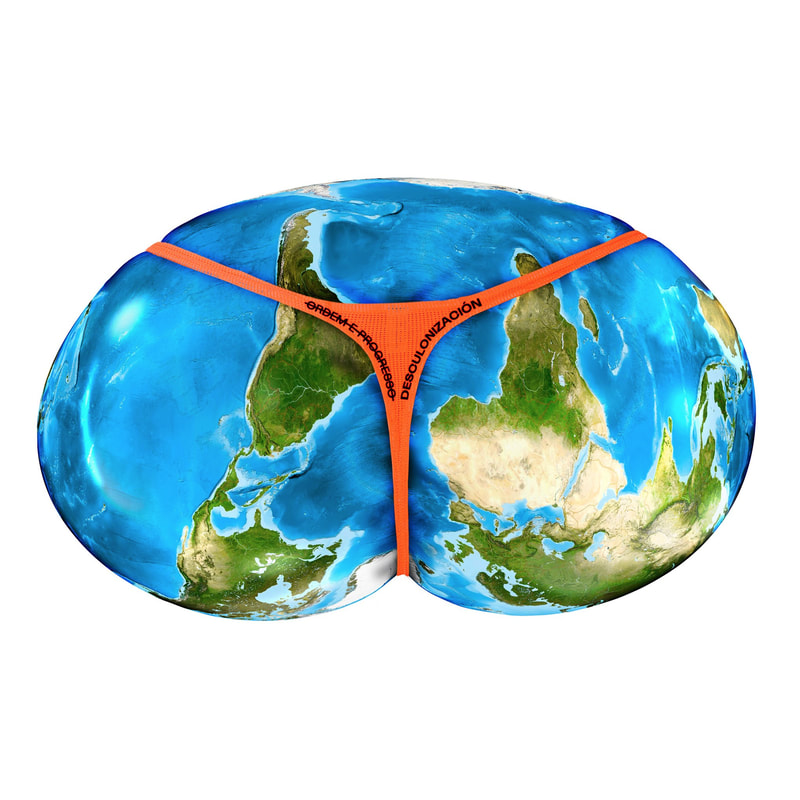|
Interview by Noé Loyola Music Futures is a series that centers individuals, projects, and communities focused on uprooting capitalism and colonialism from music by working to improve the material conditions of workers of the industry and fans. By learning from projects created by people of the global majority (BIPOC), women, queer and disability communities, we can conceive of better futures that are genuinely diverse and inclusive. [Interview in Español and English] ESPAÑOL |
Categories
All
Interview Archives
July 2024
|



 RSS Feed
RSS Feed